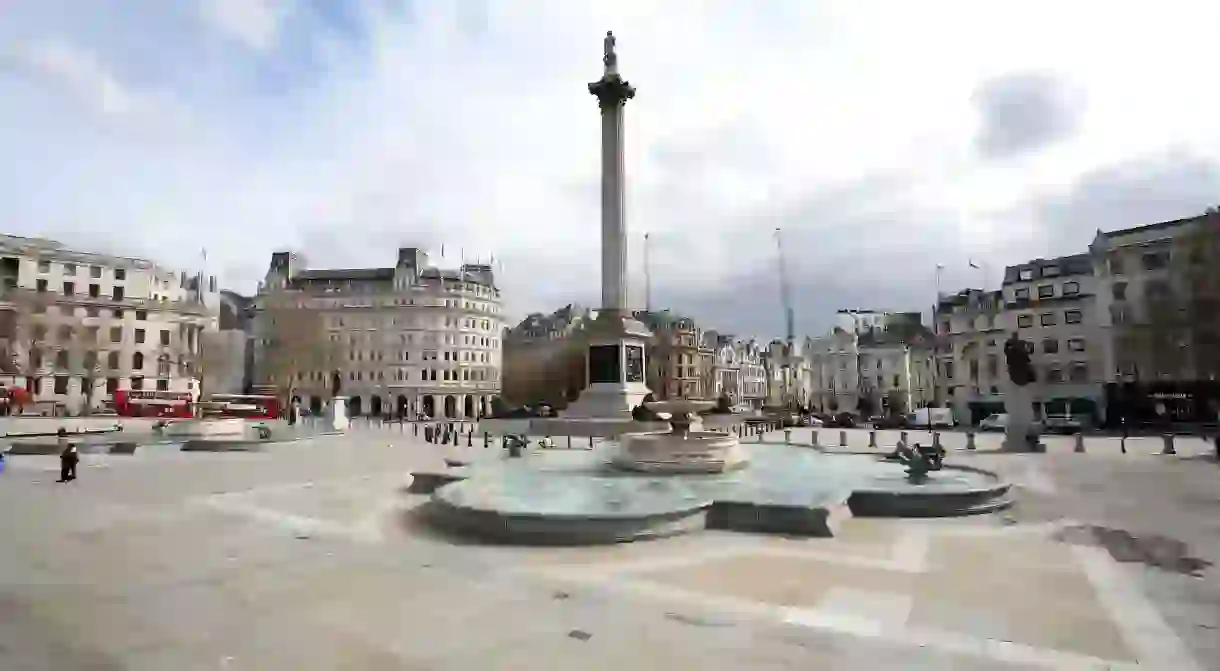How The UK Is Rallying to Protect Its Most Vulnerable

Zoe, 55, lives alone in the London borough of Hackney. She has emphysema, rheumatoid arthritis and fibromyalgia. Since the outbreak of coronavirus, she is at serious risk of infection. Now a group of volunteers have come together to help save people like Zoe from becoming a statistic.
As of 25 March, the UK had 8,077 positive cases of Covid-19 reported, with 422 fatalities, while Italy is the worst hit outside China where the virus began, with 69,176 reported cases and 6,820 deaths. The scale of the outbreak has been terrifying – not since the Spanish ’flu in 1918 has a pandemic swept across the globe at such speed. And as it spreads throughout the UK, people are stepping up to help prevent those most at risk from becoming a statistic themselves.
Operating under the Covid-19 Mutual Aid UK umbrella, regional and urban groups have sprung up all around the country, with some granular offshoots handling a mere handful of roads. In Hackney, east London, there are seven WhatsApp groups set up to help anyone who needs it – whether that’s lending an ear on the phone or picking up groceries. I know – because I’m part of it. My role is to man the central phone line, which was shared with residents during flyering rounds. I’m also making myself available to help in any other way that I can.

It was during our group effort to spread the message and connect with neighbours – honouring the prescribed social distance of 2 metres (6.6ft) – that I met Zoe. “I’m worried,” she admitted. “People like me won’t survive. For me to push boundaries is stupid, but I don’t have anyone to get stuff from the shop for me, as I live by myself. It brings a tear to my eye knowing this support exists.”
Her case is far from unique, which is why able-bodied people up and down the country are now rallying. University of Bristol medical students Katie Macdonald, Olivia Bell and Alice Roberts founded the Bristol Covid-19 Aid group (1,000 members to date), motivated by the same sentiment as the Government: to limit the burden on those on the frontline. “The response from the community has been amazing,” they tell me. “We’ve had people offer to deliver groceries by pony, others setting up food shopping services for NHS staff, and a number of small local businesses setting up deliveries to stay afloat. People are very keen to get hands-on, which is wonderful to see.”
In the north of England, medical advocate and charity consultant Ezra Stripe set up the Greater Manchester Mutual Aid Network to promote community cohesion in the wake of the last election. She has seen 800 people join her Facebook page since the coronavirus crisis began. “After the election I felt really helpless, as did a lot of people. This page was a small tool to make people’s lives better,” she says. “It became even more relevant in the context of Covid-19: people desperately want to help – as well as find help. This network is a great way to put those people in touch with each other. And Covid-19 Mutual Aid have added us to their database.”

As it is for my Hackney group, the Bristol medical students and many other groups up and down the country, Ezra and her army of Mancunian volunteers are offering standard Covid-19 responses. These include collecting prescriptions, walking dogs and popping to the shops for the housebound and isolated. Communication within communities and payment methods might differ from group to group, but safeguarding for both the volunteers and vulnerable is a fixed framework.
Emma Lang, in Poole, set up a Facebook page after watching friends retreat indoors with symptoms and medical conditions. She agrees that safeguarding is paramount. “We ask volunteers and those needing support to always follow official guidelines, including washing their hands and observing social distancing – so shopping is always left outside with the volunteer communicating by phone,” she says. “We also have a password system for the particularly vulnerable, where both the volunteer and those needing support are given a unique word, so they know they are liaising with the correct person. Plus, all of our volunteers have been vetted.”
Meanwhile, as these groups foster community support systems, they are also breaking down barriers and connecting neighbours with each other. Senior Campaigner Ava Lee, of the London Fields ward, adds: “Two weeks ago, people barely made eye contact on my street. Now we have a WhatsApp group with hundreds of neighbours who are all ready and willing to help. It’s been heartwarming to connect to new, local people during this otherwise isolating time. I’m hopeful we will come out the other side with a community who really look after each other.”
Zoe couldn’t agree more. “We have to ride the storm and try and help one another,” she says. “Forget all of this mad buying business out there.”














